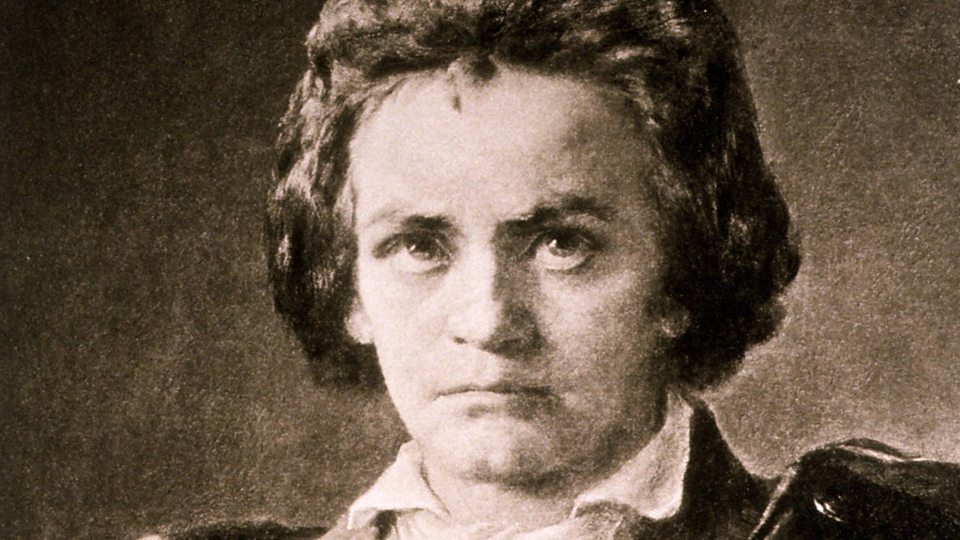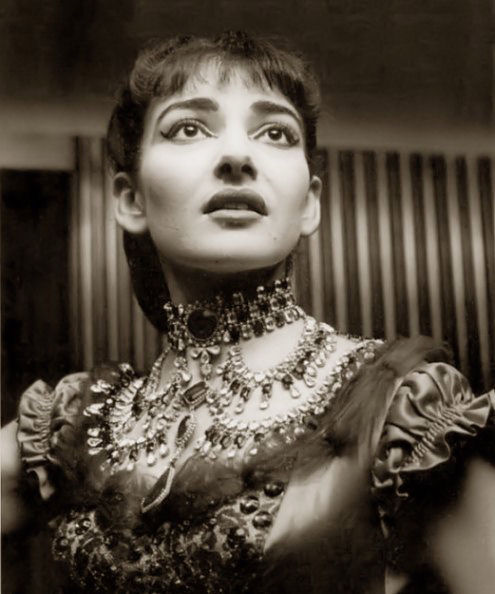The best religious conservative song ever [reprise]
… is by Sting. From his 1999 Brand New Day album. If you like, listen to the song while reading the lyrics below (YouTube version here). Then further below are the lyrics with my thematic-dramatic-arc notes added. “Fill Her Up” Mobil stationWhere I standThis old gas pumpIn my hand. The boss don’t like meA face […]
The best religious conservative song ever [reprise] Read More »

